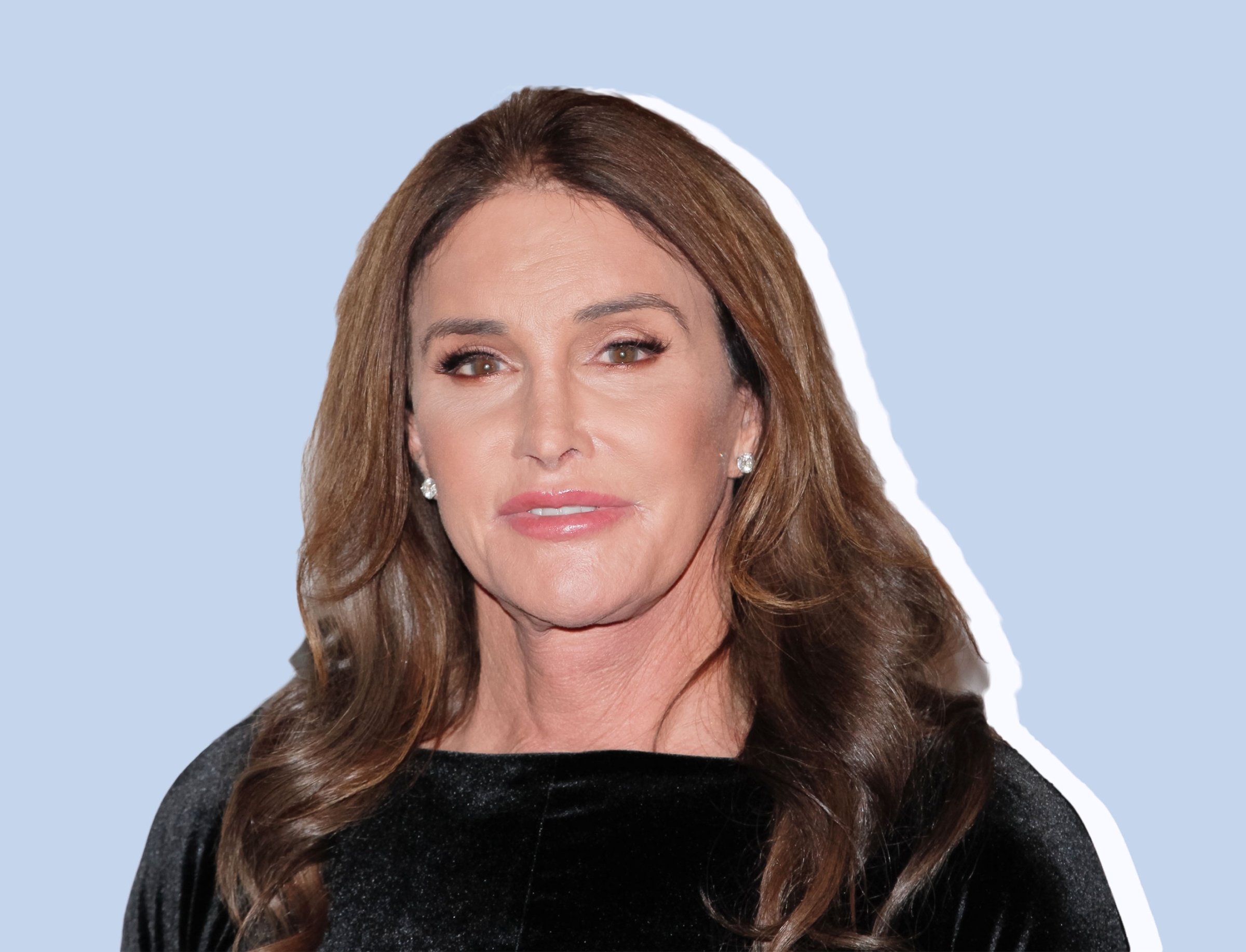
In early November, Caitlyn Jenner sat down with TIME at New York’s Trump Tower hotel to talk about her revolutionary year. The Olympian and reality TV star came out as transgender this spring and has since used her personal journey and unprecedented platform to advocate for trans rights. Ahead of her inclusion on the short list for TIME’s 2015 Person of the Year, TIME spoke to the new crusader about her history, being a Kardashian and her future.
TIME: How long have you been thinking about coming out?
Jenner: I have struggled with identity all my life. It’s not like something that just happened last week. When I was eight years old, I was running into my mom’s closet, nobody would know. I was also very good at hiding it. I got into sports because that was a way to prove your masculinity. I was good at it. And I just kept going and going and going and going. Until eventually you reach the top—and I still have the same old issues. I would look at a guy and think, ‘Oh my god, wouldn’t it be great to be comfortable being a guy? How lucky is he? He doesn’t even think about gender.’ The girls, same way. ‘Wouldn’t it be nice to be like that and not stuck in the middle?’ I thought I would transition in the ’80s and all this and all that. Never did it. It’s not like you can take two Aspirin, get plenty of sleep, wake up the next morning and you’re fine. When you look in the mirror, when you go out, when you get dressed, it’s with you all the time.
How did you decide that 2015 was the right time?
A couple years back when I wound up back in Malibu, all by myself, with the same problems I had when I was 10 years old, I thought what the heck am I going to do with my life? I had a lot of conversations with my family, my close friends, with my pastor, with God, and kind of came to a revelation, that maybe I should be honest with myself about who I am and let that person—this woman who has lived inside me for my entire life—finally have an opportunity to live.
When did it occur to you that your coming out could or should be a social justice mission for a broader community?
I would sit in church and think, in God’s eyes, how does he see me? Am I doing okay with this life? And after talking to my pastor and telling him my whole story, I kind of had a revelation that maybe, at this point in my life, this is why God put me on this earth. Maybe it is time to speak on this issue. I was getting destroyed in the rags, every week walking through the grocery lines there’s some BS story. Never talked to them once. But maybe, maybe out of all the things I’ve done in my life, this could be by far the biggest thing I’ve ever done, to be able to live my authentic self and make a difference in the world, you know? And I thought, what an honor. What a life, to be able to reinvent yourself like that. And I am not a spokesperson for the trans community, I am not. The media kind of projects me as being the spokesperson, but from my standpoint, I am not. I am a spokesperson for my story and that’s all I can tell. And hopefully by telling my story, I can make people think.
Are you ready to take on more of a leadership role in the LGBT community?
In doing what I do it will be more of a leadership role. We’re shooting Season Two [of I Am Cait], and I am learning more. I am so far ahead of where I was six months ago when I came out. Still have a lot to learn. Finances are certainly a big issue in the trans community. I was in New York, at the LGBT center there with a Latina group, and I asked them what their budget is. They do all this work. They’ve got HIV testing buses and stuff. And she said, $10,000 a year. Are you kidding me?! I would like to do my best in the future to work with corporate America to help in fundraising efforts.
It seems like Season One of I Am Cait was about you getting introduced to the LGBT community and learning about trans issues along with the viewers. What is Season Two about?
When Season One was over, I sat down with the [other transgender women who are regularly on the show] and said what did we accomplish? And we all kind of agreed that we opened up a conversation which has been swept under the rug for so long. I want to continue that conversation, I want to take it a little deeper. But more importantly, I feel like our show is not a show about me. I don’t want it to be about me. I want this show to be about all these stories that are out there, the people, the hardship. For the second season, I’ve got my whole tribe of girls, and we’re all on a bus. It’s kind of trans-across-America. We went to the Grand Canyon. Then we went to Santa Fe, New Mexico, where they just for the first time have gender-neutral bathrooms. Eventually, because of what Houston did, we’re probably going to work our way there, see what we can do, what might work, what might not work to help the cause. We’re all over the place.
Is the show you want to do more like We Are Cait then, rather than I Am Cait?
I would say so. We’re all Caits, in so many ways. Because everybody has their stuff. Everybody’s got it, you know? This happens to be my stuff that I’ve had to deal with. And what matters is how we deal with our stuff in life. I’ve seen it go both ways for people.
And there can be gender identity issues for people who aren’t transgender. Maybe you’re a woman who has insecurities about not wanting to have kids. Maybe you’re a guy who cries a lot.
We are the old rainbow, baby. Society, humanity, is a rainbow. It is all mixes of all kinds of people. And even in the trans community, there’s such a variety of stories. In her book, [transgender author and friend Jennifer Finney Boylan] had this one line: ‘I never felt feminine, but I always felt female.’ Now, for me, that hit home. See, I wasn’t an effeminate guy and I could play the male role. I played it very well, and there was a way to hide there. Other people, when they’re 5 years old, they say to their parents, I’m not a girl, I’m a boy. And some people can go their whole lives and not do anything.
To you, what does it mean to be a woman and how have your ideas about that evolved?
Ohhh, that is something. I got to the point where every day I was living authentically, but what does all this mean? What does this thing that you have had in your head for so many years, mean? It’s more than makeup and clothes and all that other stuff. And what is that? I’m working on that. There’s still a lot to learn about being a woman. Honestly, I started getting books, started reading on all that kind of stuff. Have I come up with an answer? Not even close.
How comfortable are you living as Caitlyn?
I was talking to this one trans girl. She said that about two years after she transitioned and was living authentically as being female, and working, and being out there, she jumped into bed one night and actually thought, ‘Wait a second, I went my whole day and never once thought about gender.’ She said it was a real milestone for her. She lay there in bed and started crying. I would love to get to that point in my life, you know? I’m not there yet. But I would love to get there. I just want to get up in the morning, be myself, enjoy my day, have loving people around me.
In the show, you seem to approach this new chapter in your life with the determination of an athlete.
Many, many, many years ago, when I was training, I remember I would look at young kids my age, in their 20s. They’re all trying to get jobs, to build a future. What am I doing? I’m training. Six to eight hours, every day. Going down this road with this big dead end. The best thing I could do was a gold medal. There’s no pot of gold at the end. Then I would think, wait a second. Even though I’m living on $10,000 a year, in a $145 a month apartment, driving a $175 car, in so many ways I’m richer than that, because every day I wake up and I am excited about the day. I’ve got training to do. I’ve got a competition coming up. I can’t wait for the day to start. For many years, I lost that in my life. Now for the first time in my life in many, many, many, many years, I actually wake up in the morning excited about the day. Can’t wait. I got so many things to do. And I want to make a positive impact on this community and on the world, open up this conversation.
You’ve said that “normalizing” being trans is a goal of yours. Where are we now and how far do we have to go for that to be a reality?
The only way you can normalize it is to expose it. And I’m trying to do my best to expose it, and expose these people. I love my girls on my show. Why? Because they’re so normal. They’re just great girls, who are smart, who love working within the community to make a difference, who all have their lives. I love that. And I love hanging out with them. We just laugh and have such a great time. But the more as I proceed and go forward, it is important for me to try to project a good image for this community.
And what is a good image?
One thing that has always been important for me, and it may seem very self-absorbed or whatever, is first of all your presentation of who you are. I think it’s much easier for a trans woman or a trans man who authentically kind of looks and plays the role. So what I call my presentation. I try to take that seriously. I think it puts people at ease. If you’re out there and, to be honest with you, if you look like a man in a dress, it makes people uncomfortable. So the first thing I can do is try to present myself well. I want to dress well. I want to look good. When I go out, as Kim says, you’ve got to rock it because the paparazzi will be there. The second thing I want to do in living my life authentically is be intelligent on the subject. Hopefully as time goes on I’ll learn more and more and more and get better at that.
In your ESPYs speech, you address people who might “doubt my intentions.” Who has doubted your intentions?
A lot of people in the trans community.
Does it have to do with you coming from reality TV?
This is something we had to overcome. I was on a show, which I am still to this day very proud of. Yes, it is reality television. And it’s entertaining, it’s funny, it’s been watched by millions and millions of people all over the world. It has been extraordinarily good for my girls. If one more person says they’re famous for being famous, I’ll die. Or that they’re not smart, they’re not intelligent. Those people are idiots. Because I have the sharpest, smartest little businesswomen. Take Kimberly. She knows how to play the game, the media game. She knows how to convert that into businesses. She has businesses that nobody even knows that she has! She’s been relevant for 10 years. But the perception of them is that it’s just mindless reality television. So when [my publicist] and I were talking about my show, what I wanted to deal with are really serious issues. I didn’t want to get that tangled up. And it’s not my girls. I love my girls to death. It’s the media’s perception of the girls and reality television. So at the beginning stages we really tried to make sure we distanced ourselves from that.
So people would know you were serious, that it wasn’t about ratings?
Yes. Trying to be the best we possibly can. Everything changes at time goes on. My girls have been great, and they are part of my life. I think on the road I’m going to have Kylie come, I’m going to have Kendall come. I think my kids can learn so much from these [transgender women], from being around them.
Do you think people still doubt your intentions?
I think they have less doubt. Season One was extraordinarily critically well-received for ‘reality television.’ To be honest with you, now if it’s Kylie’s birthday and I want to go to her damn birthday party, and they’re shooting it, I’m going to go to her damn birthday party, even if it’s on Keeping Up. Like I tell my girls, I’m your dad. I’m always going to be your dad, you know? They still call me Daddy. They can call me Daddy all day long. I have no problem with that. I’ll be your daddy till the day you die. I’m not the one who really gets hung up on the pronouns and all. People make mistakes all the time, I get it. And Kendall goes, ‘You’ve always been my dad, how can I call you something else?’ Call me Dad. I don’t care. I’ve got no problem with that.
I’ve spoken to some dads of transgender kids who have been very moved by your story because they grew up knowing you as an athlete. Their kids have grown up with you as a reality TV dad. Do you feel like your fame as an athlete or TV star means more in American culture?
I kind of have two generations I’m talking to here. I have the old Wheaties folks from way back when. And then we have this new generation, especially young girls, who watch Keeping Up. With the older generation I’m certainly better known for what happened in Montreal in ’76. For the younger generation, I remember one kid who said, ‘You mean Kylie’s dad was an athlete?’ Which I thought was perfect. The younger generation is the ones we have to really go after, to keep their minds open.
On the show, you spend a lot of time addressing your privilege, the fact that you’re much better off than most transgender people. How do you feel about that now and what challenges does that pose?
I’m white. I make a good living. And I get all that. I’ve heard that right from the beginning. I’m not going to make excuses for myself. I’m very happy that I’ve worked very hard in my life and I’m successful. It’s kind of the American dream. We’re fortunate to live in a country where we can do that. I’m very proud of what I was able to accomplish in my life. But I’m also smart in the sense that I know how to use that to make everything better. This show, that platform, that privilege has given us an opportunity to take our message to the masses out there, on a worldwide scale. Because our show is shown all over the world, you know? And because of my position in life, maybe I can make a bigger and faster change of thinking in the world than someone who doesn’t have a platform, so why not use it? So I’m going to use it to the hilt, of course I am.
What have been the hardest and the best parts about coming out so publicly?
The hardest was me. Everybody knew me as this parent, the Games, the American flag, all of that stuff. And I never wanted to disappoint anybody. That was the hardest. And the best has been the public’s support. Not one person has come up to my face and said anything negative. I keep waiting for that person. I hope the camera’s there. When that one person says, ‘Oh my god, what a weirdo!’ Everyone comes up to me with love and affection. You can go online and look at an Instagram photo and see the stupid people online with their stupid comments. I started reading some of those and I thought, ‘Who are these idiots anyway?’ So I just stopped reading them. I don’t care what they say.
Where do you think that transphobia comes from?
Misunderstanding. They don’t get it. It’s a tough one to explain and a tough one for people to grasp, because they’ve never dealt with it. When [transgender rights activist and author] Kate Bornstein asked my girls [Kendall and Kylie], ‘When did you know you were a girl?’ it was shocking to them. Because they couldn’t even come up with an answer. For 99.9% of the people out there, it’s not an issue. They wake up in the morning, they get dressed, they don’t even think about gender. But for this population, it’s a big issue. It’s something that affects people every day. I think part of it is because they can’t distinguish between sexuality and gender, which are night and day. It’s confusing. ‘Are you gay?’ ‘Is it this?’ ‘I don’t get it?’ And our job is to educate people as time goes on.
Read More: Caitlyn Jenner on TIME’s 2015 Person of the Year Short List
This interview has been condensed and lightly edited for clarity.
Photos: 25 Transgender People Who Influenced American Culture
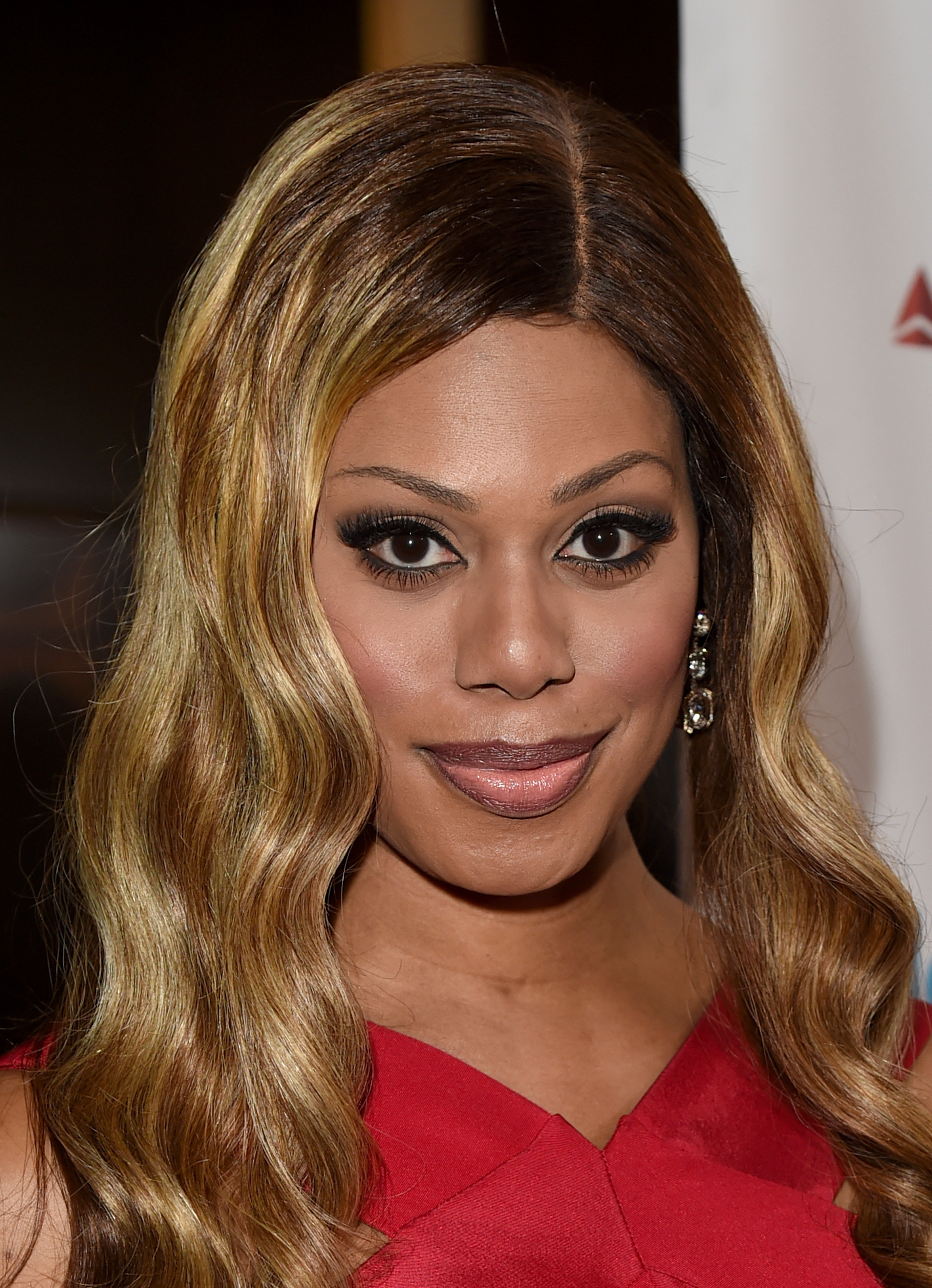
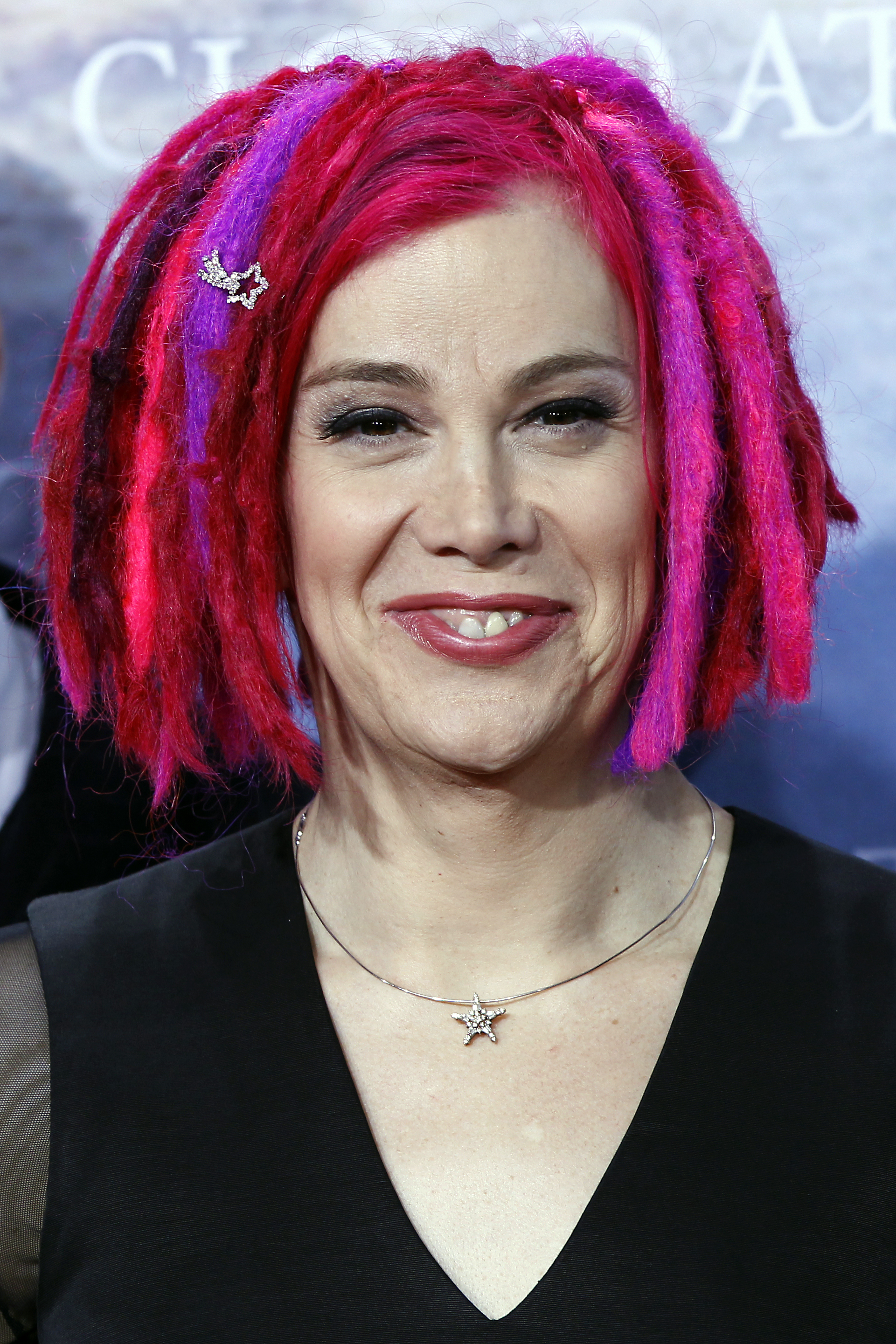
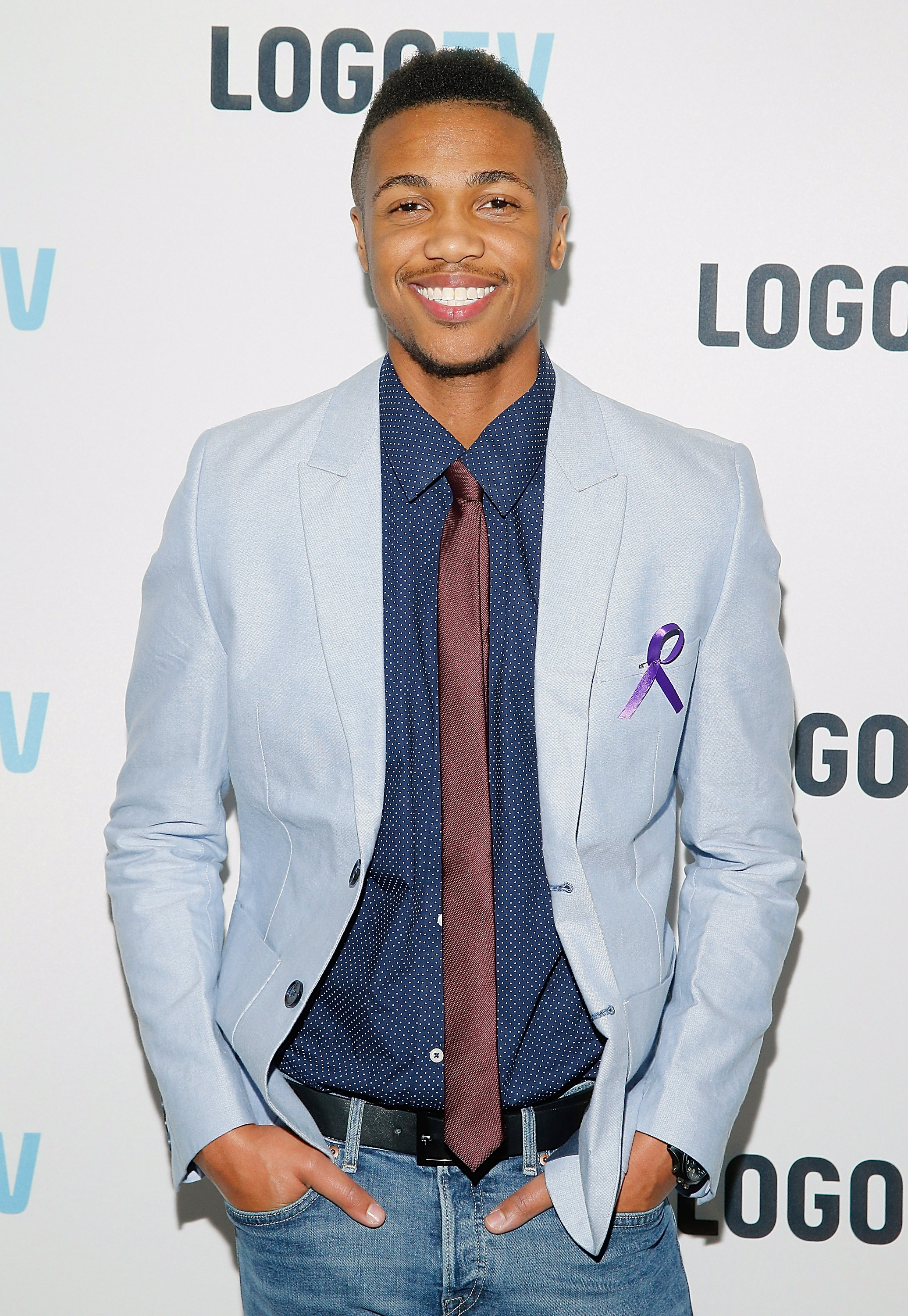
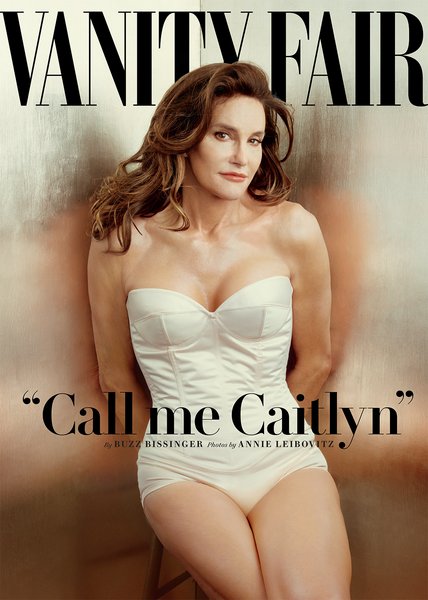
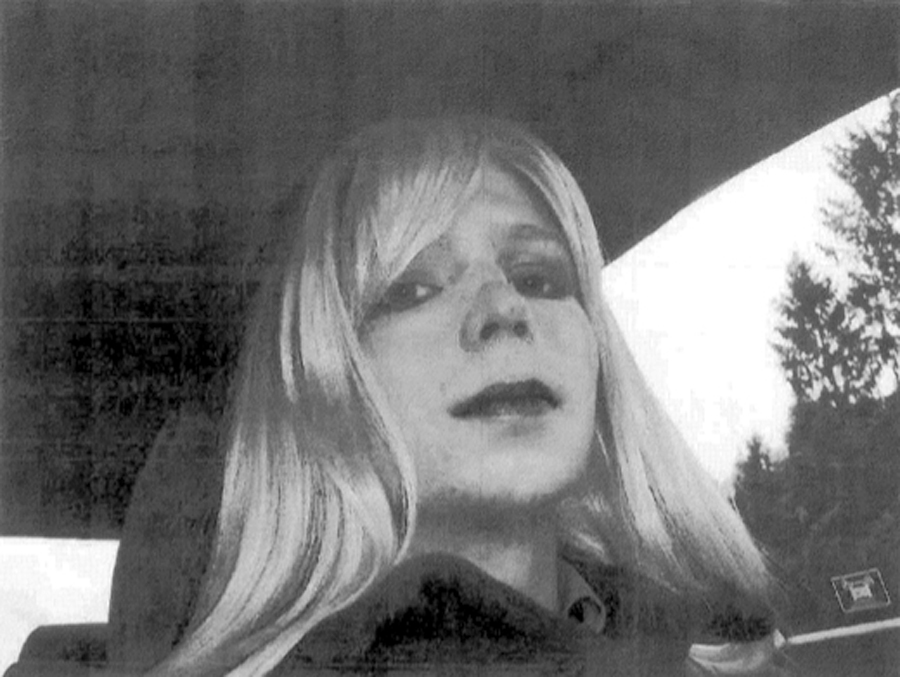
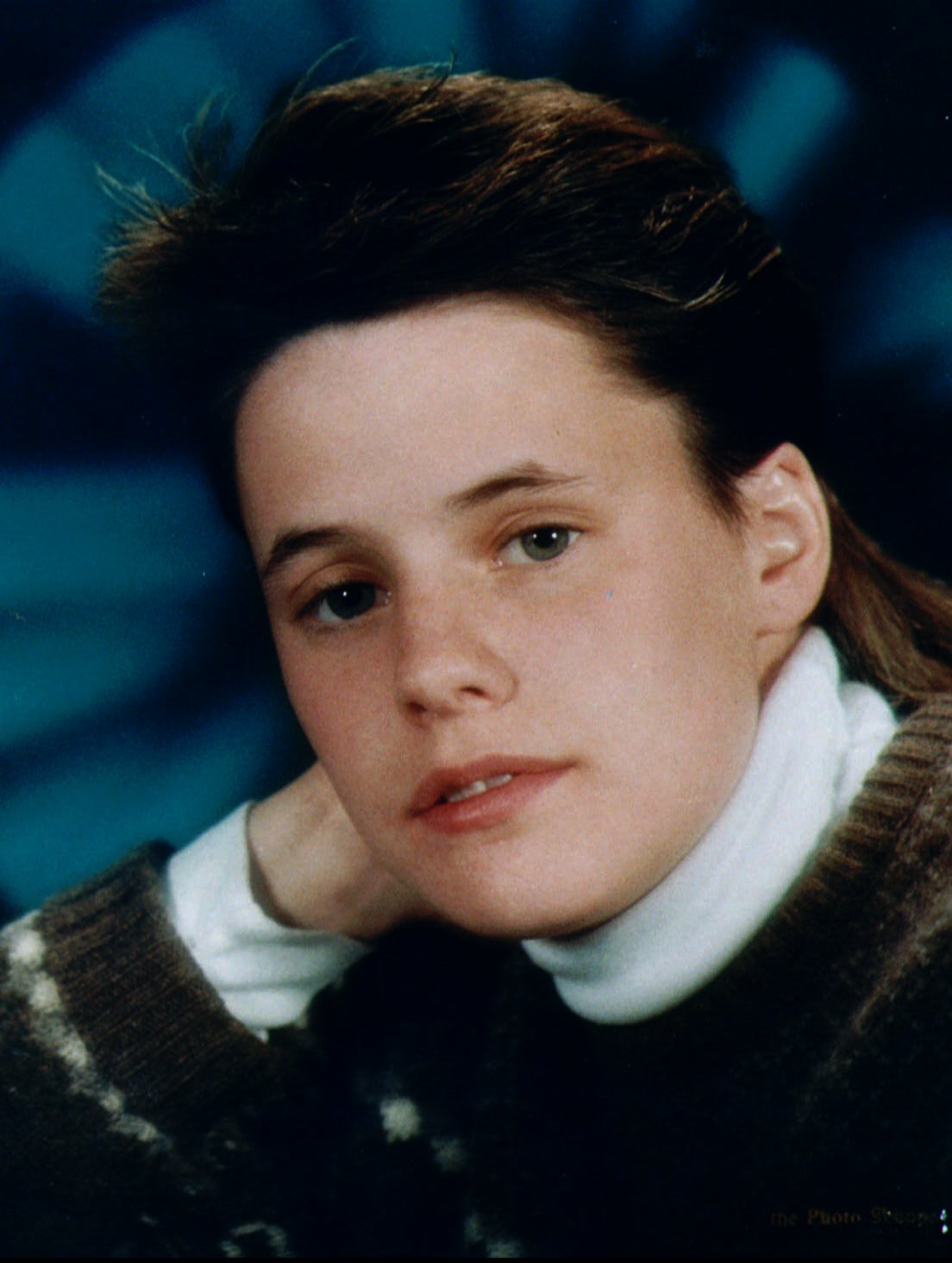
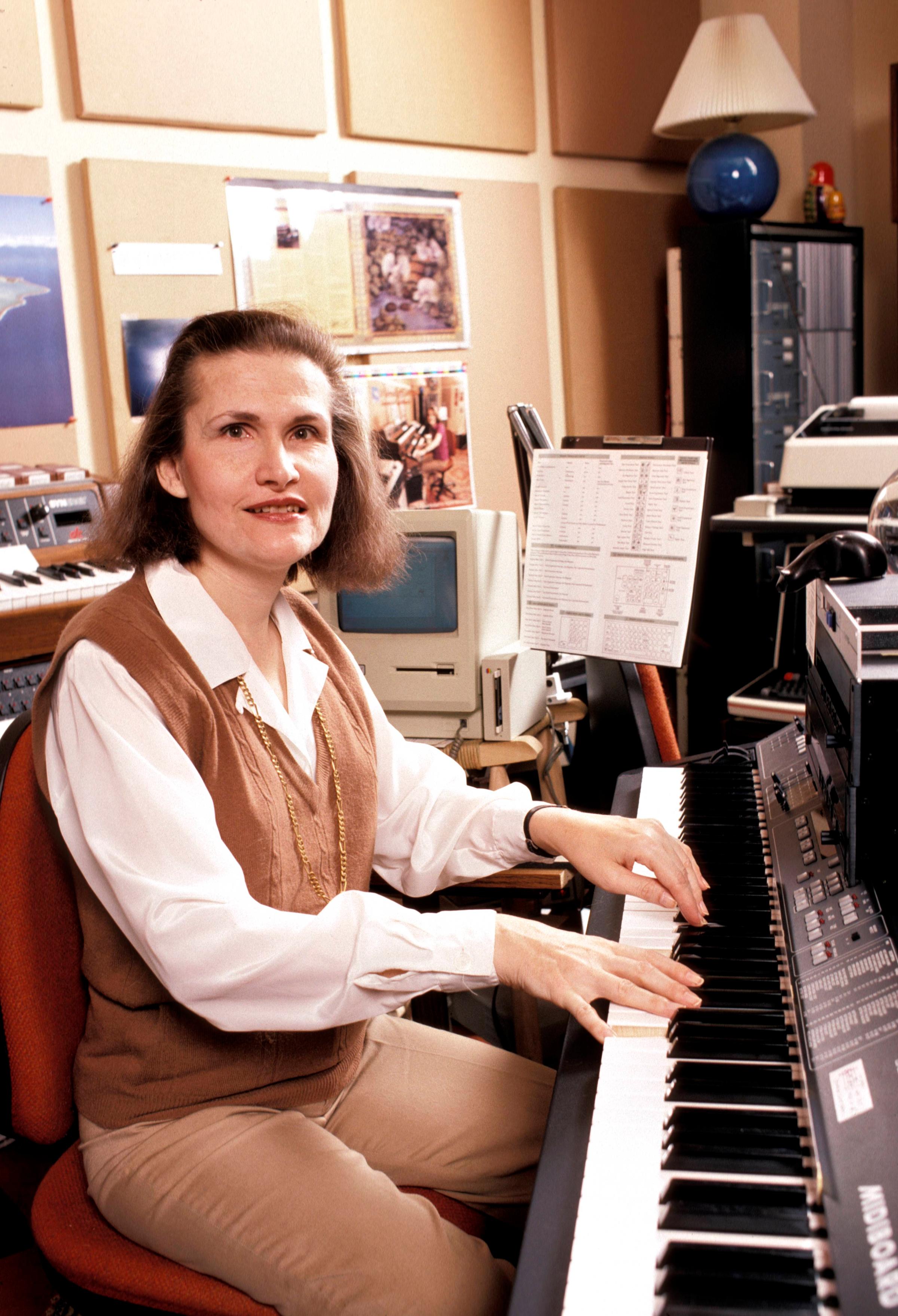
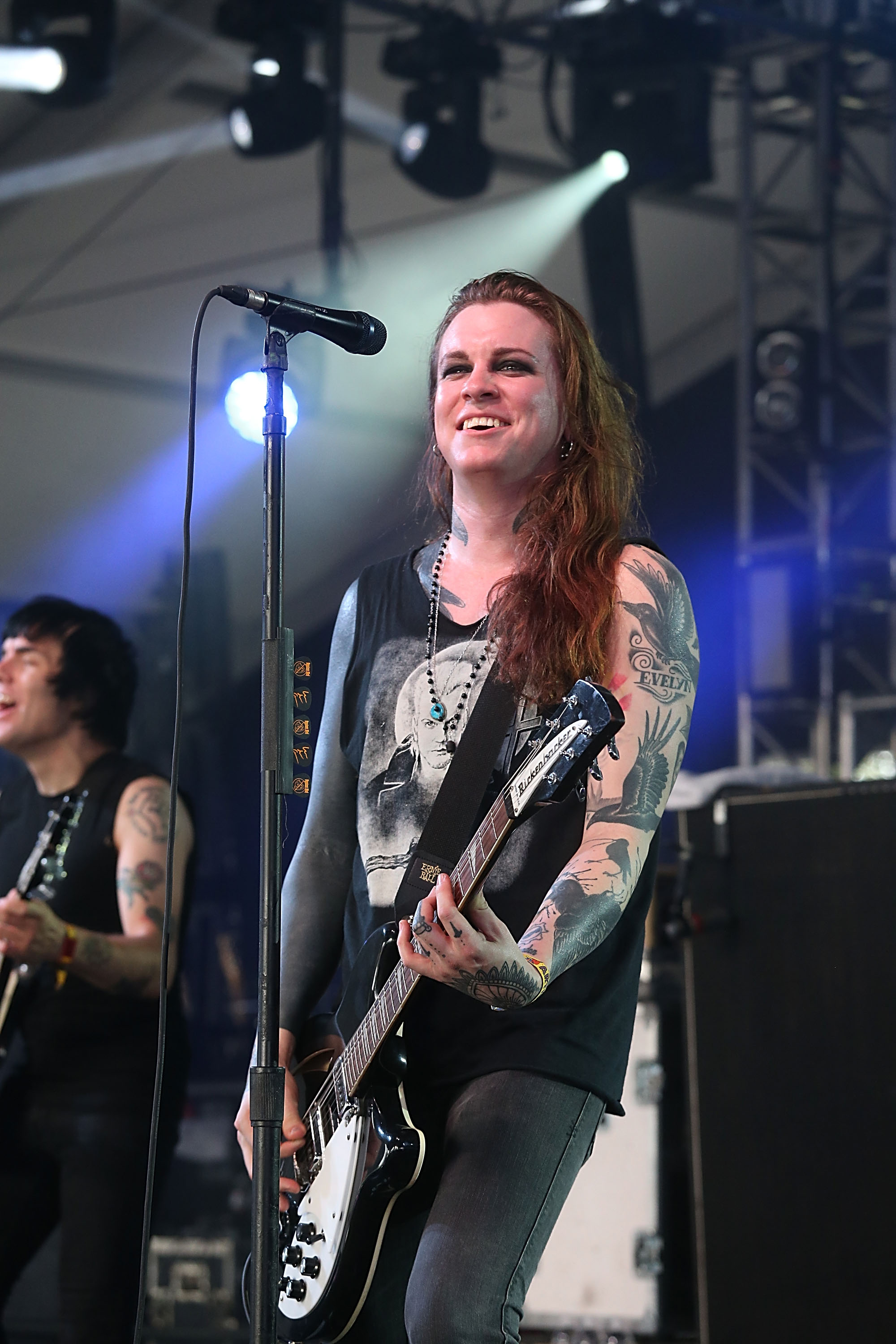
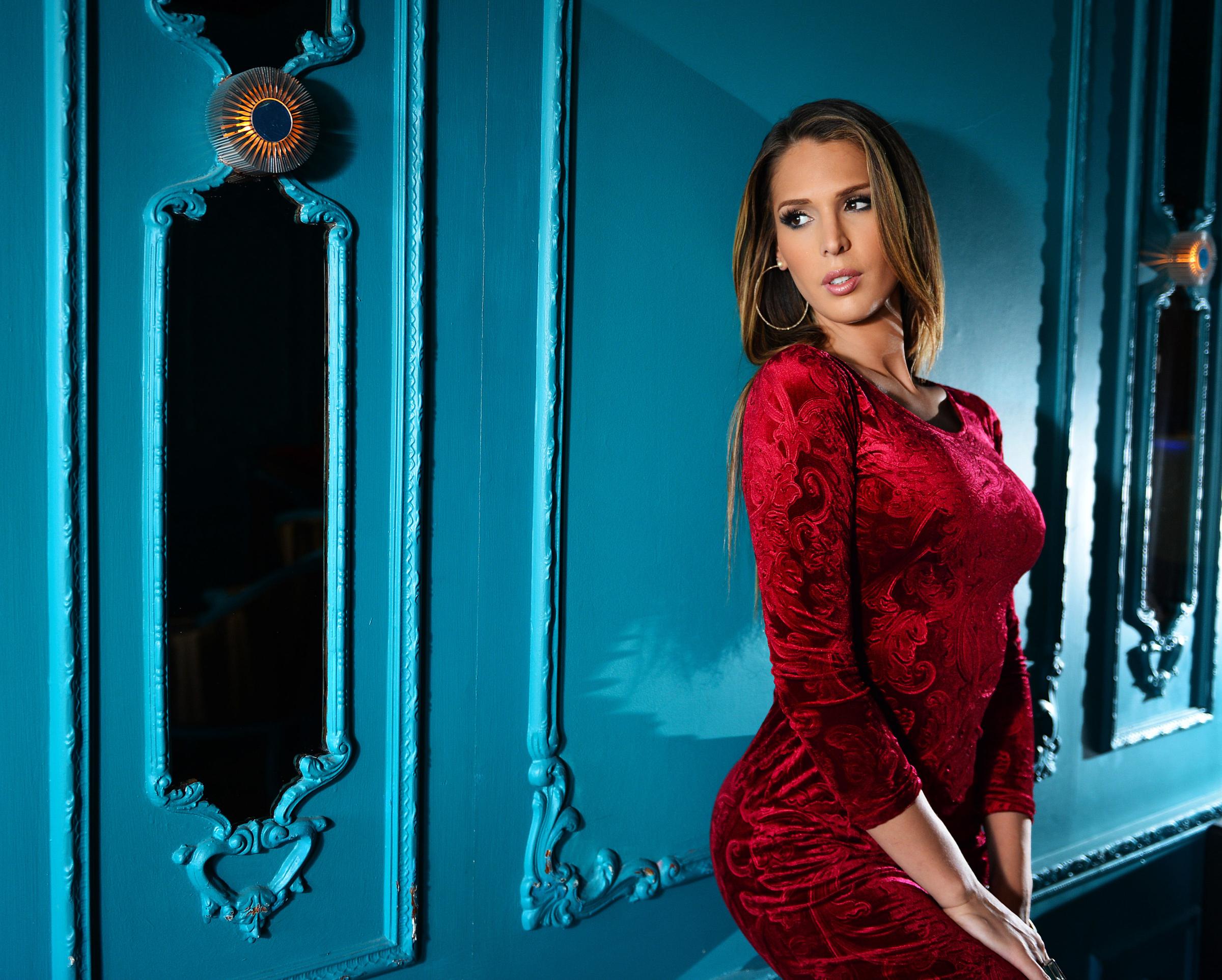
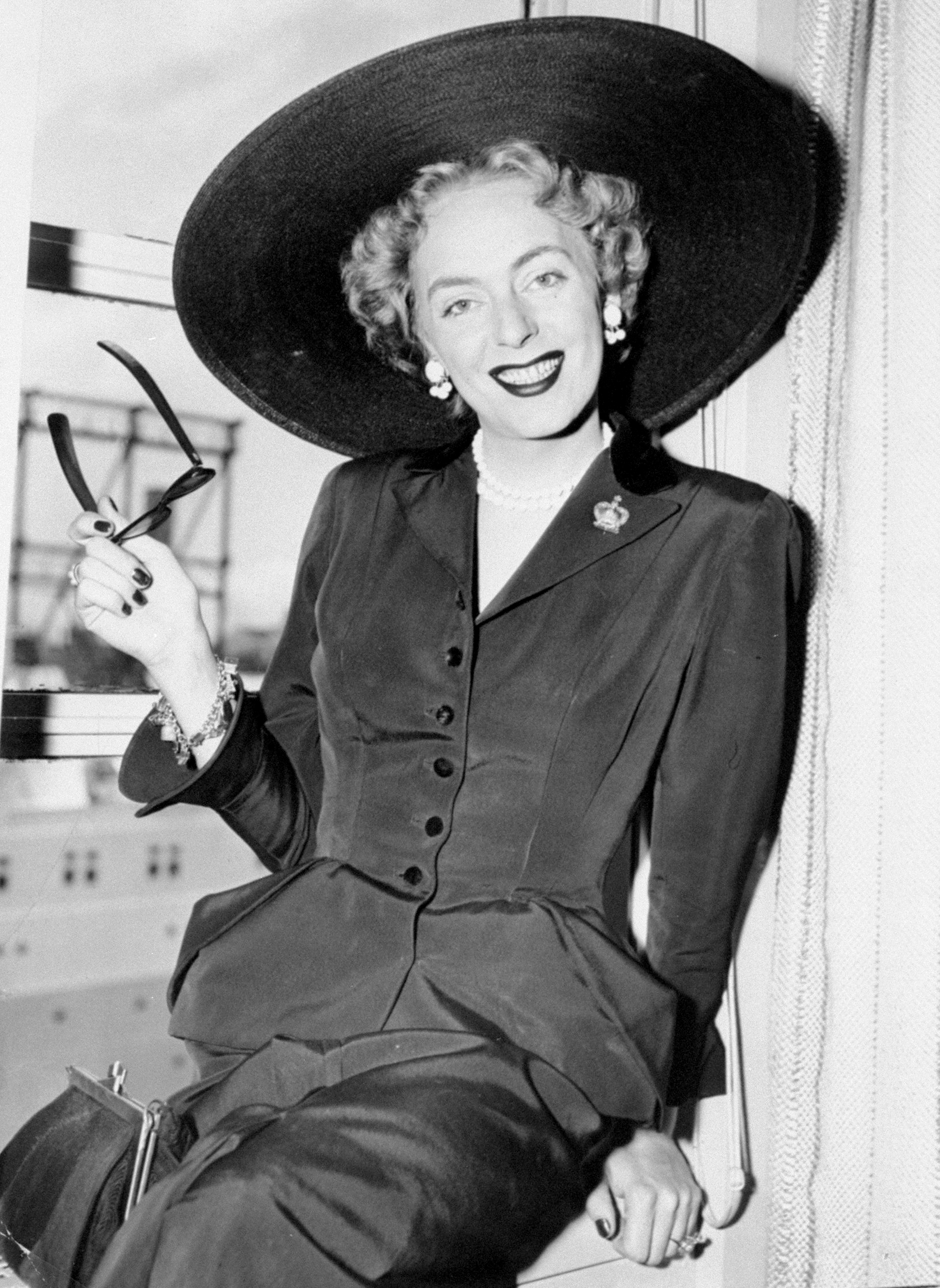
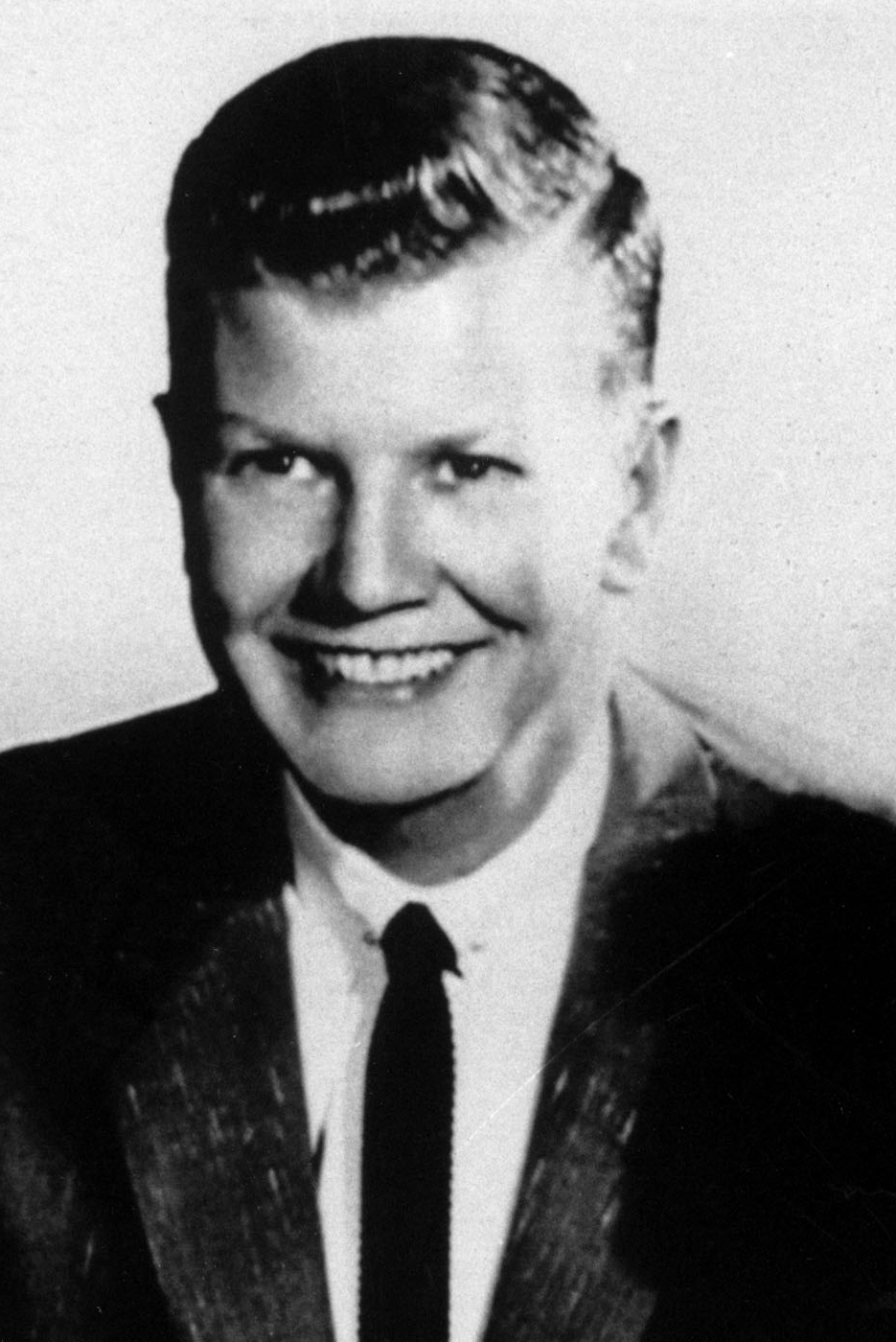
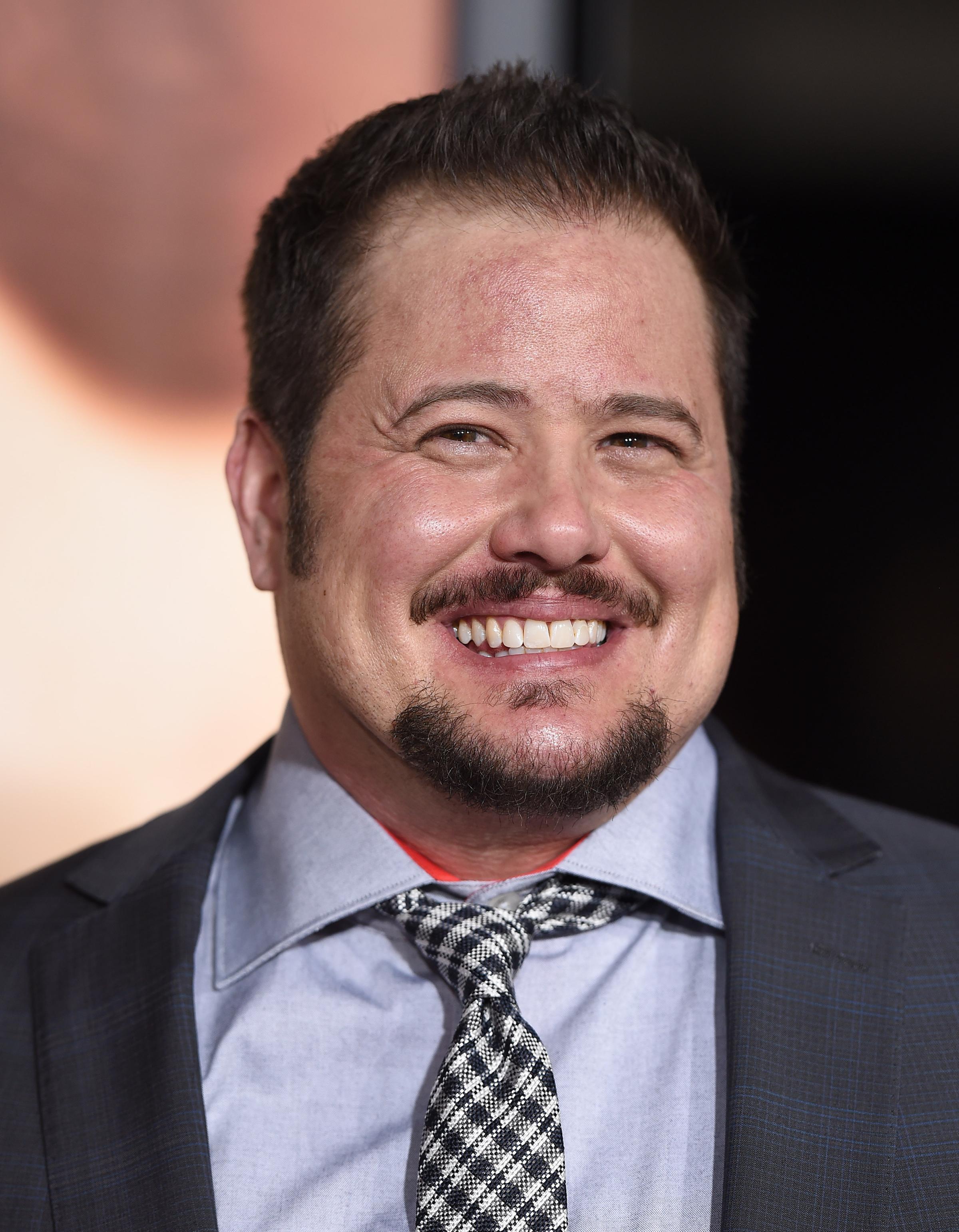
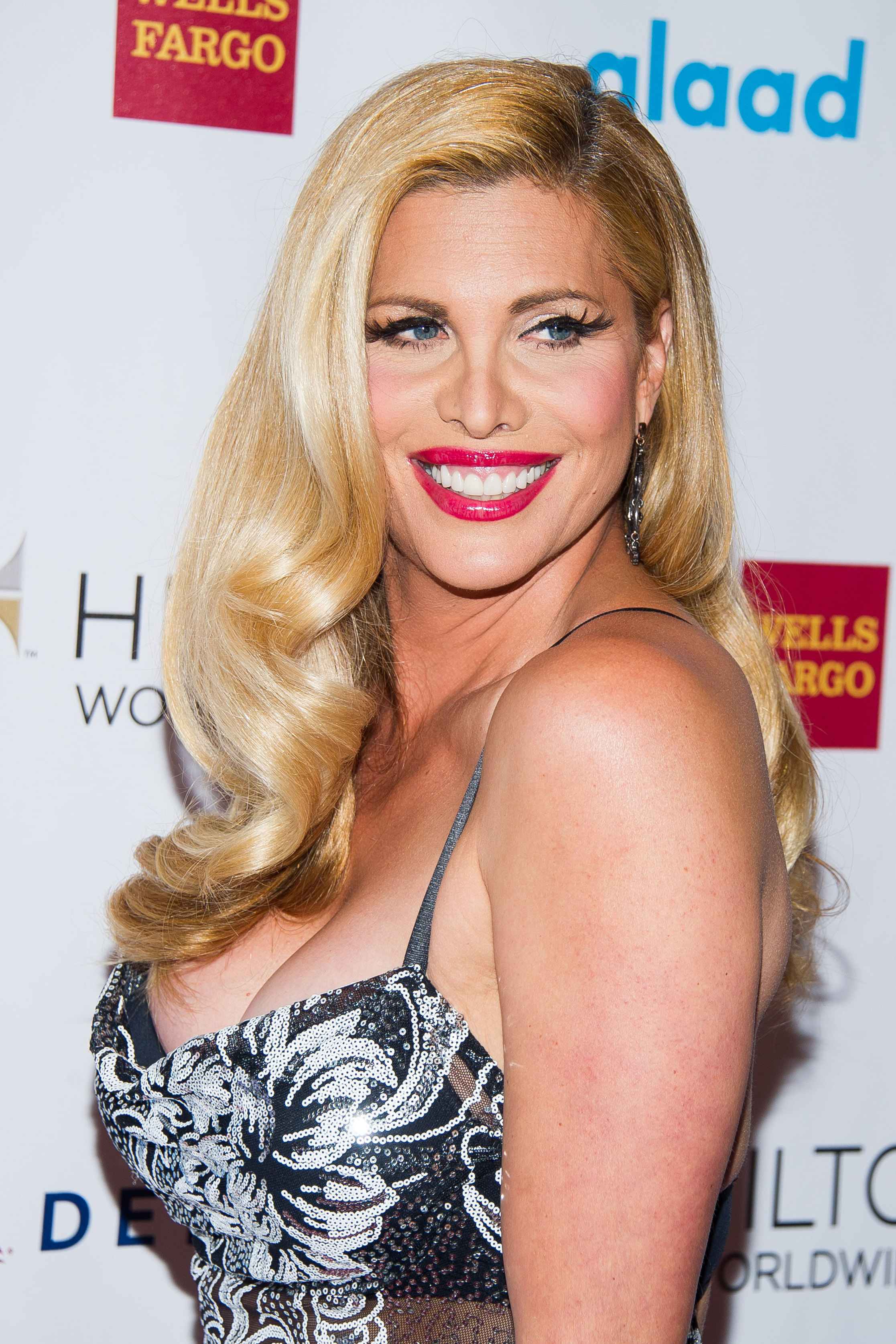
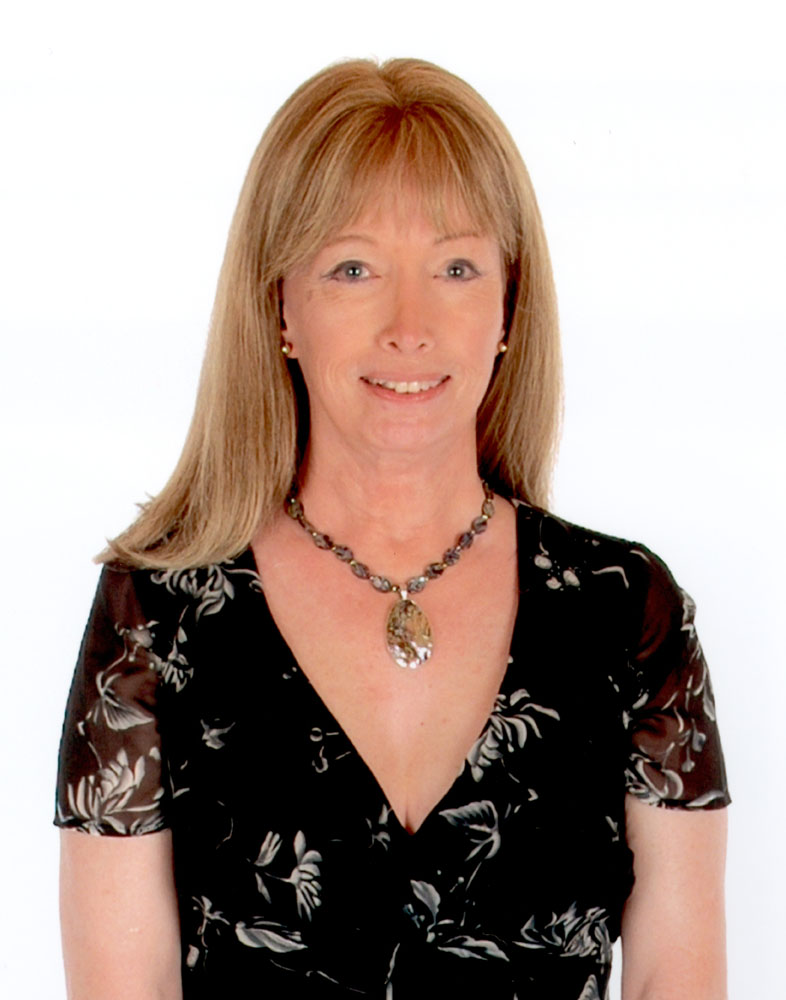
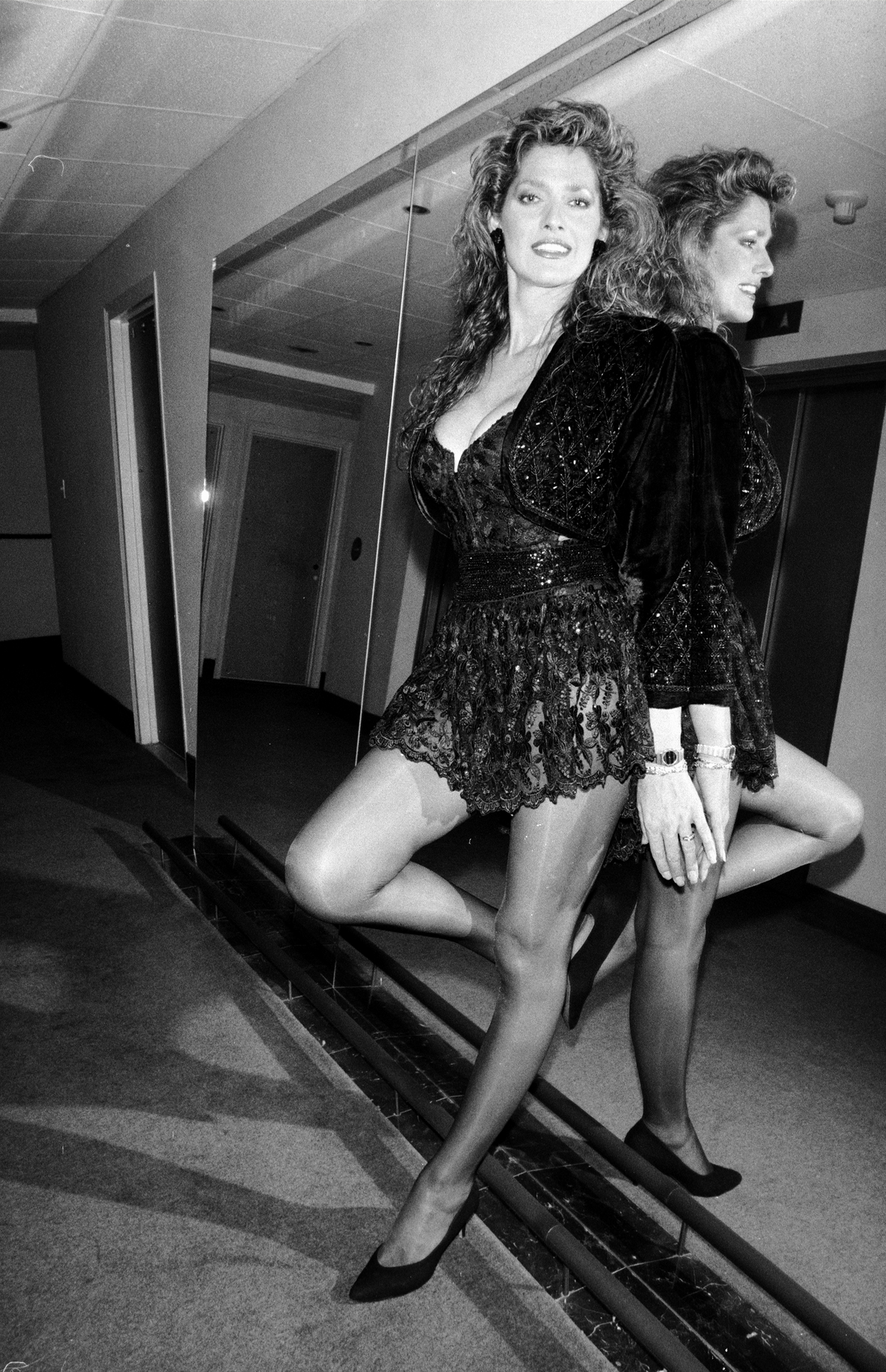
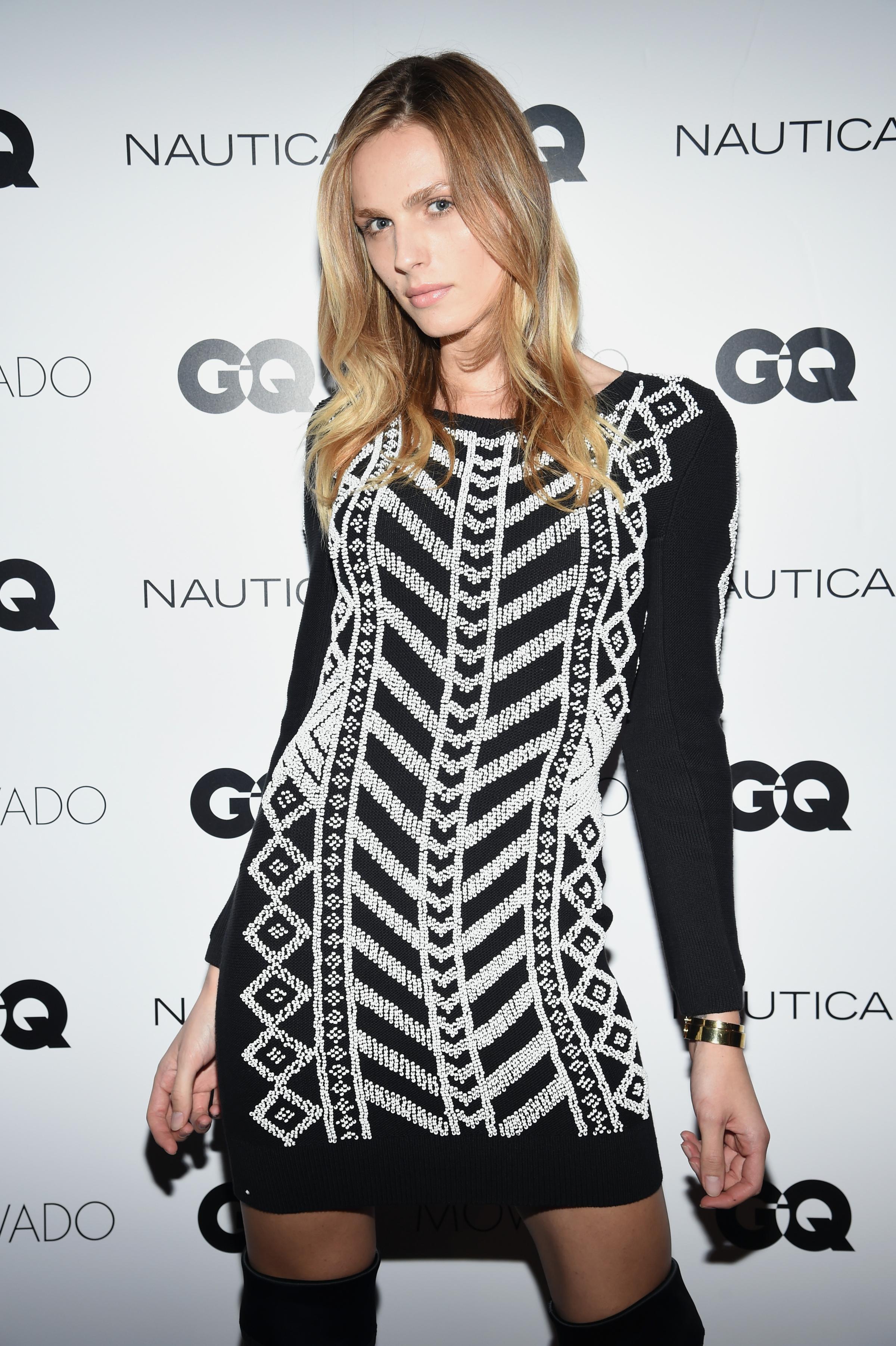
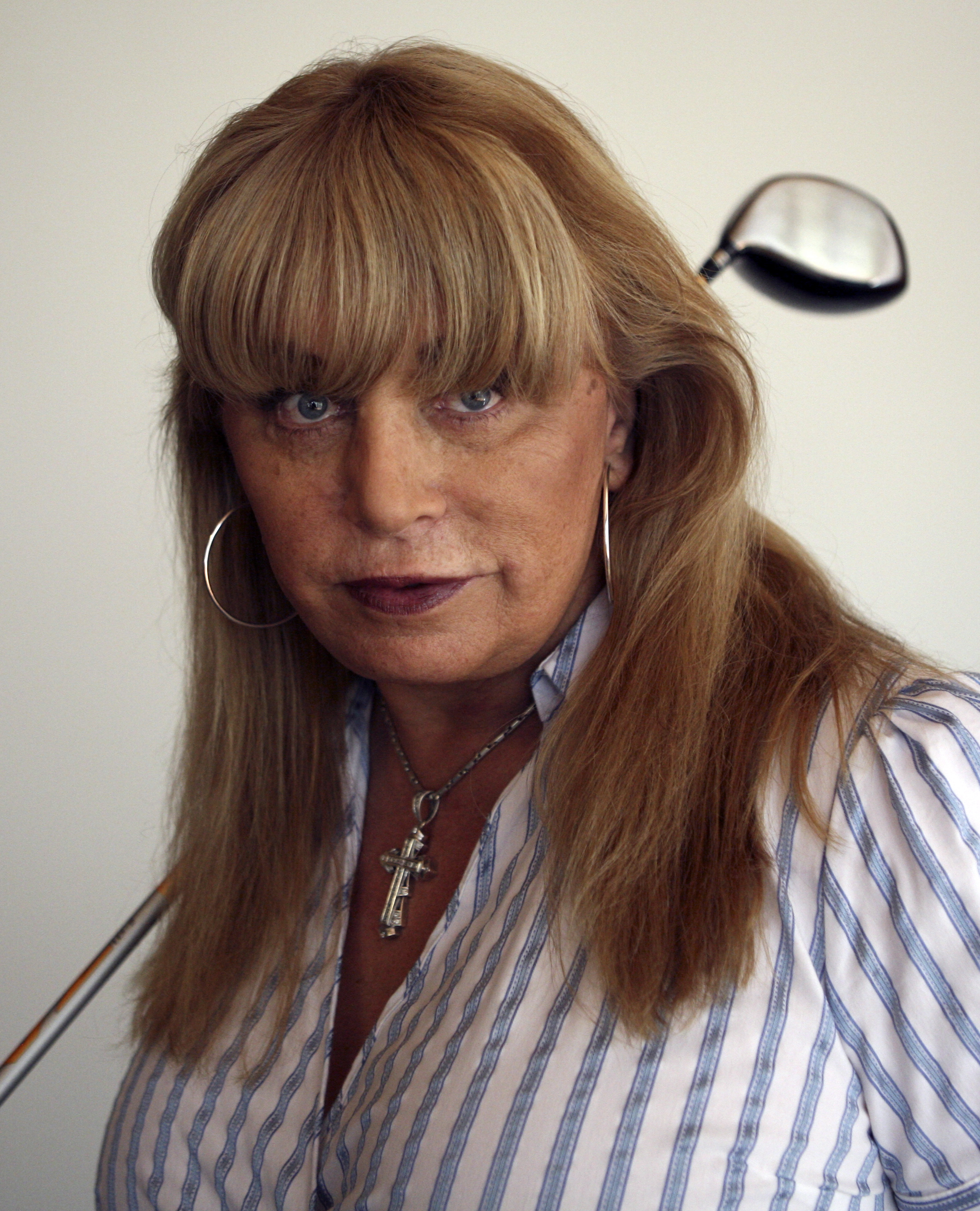
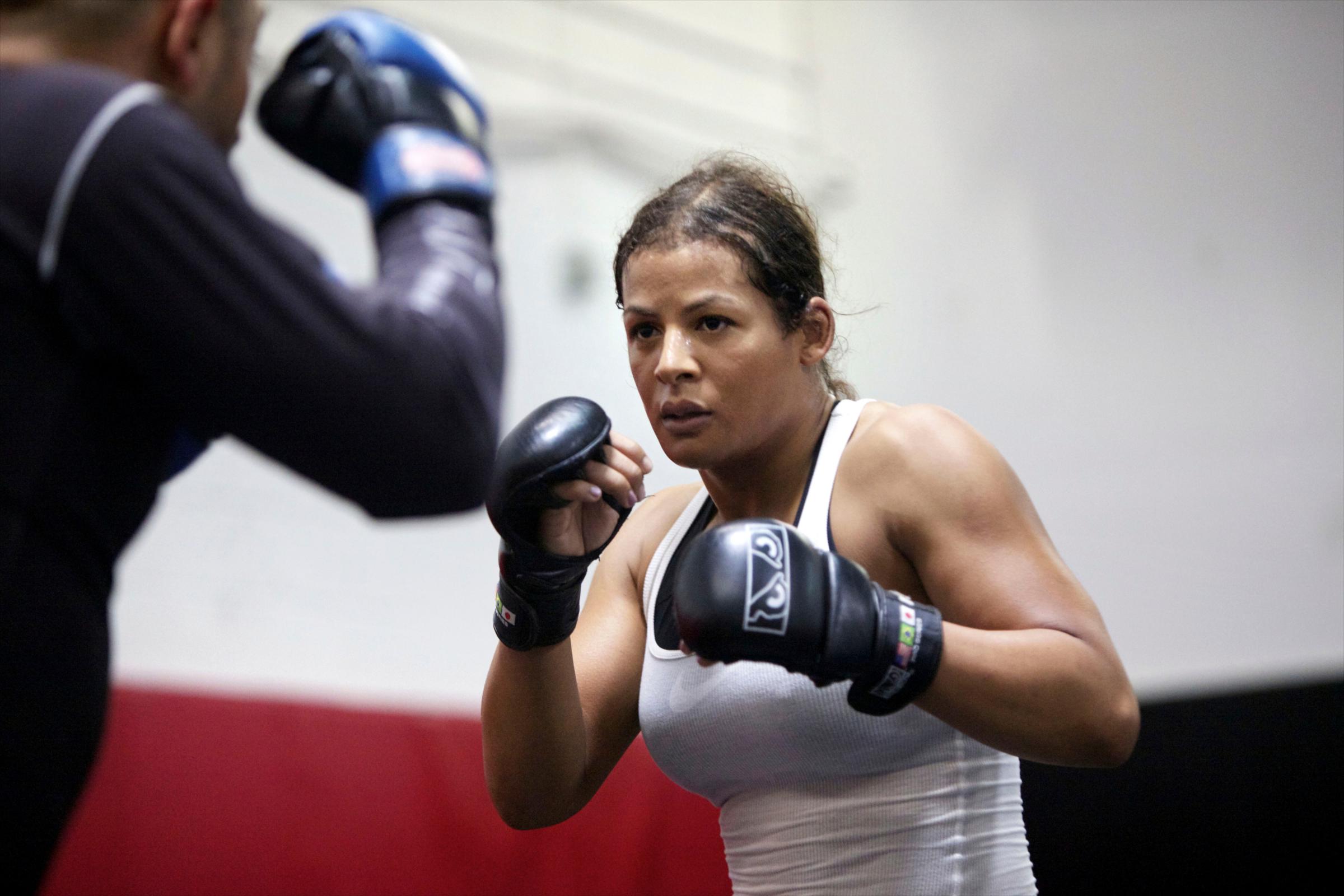
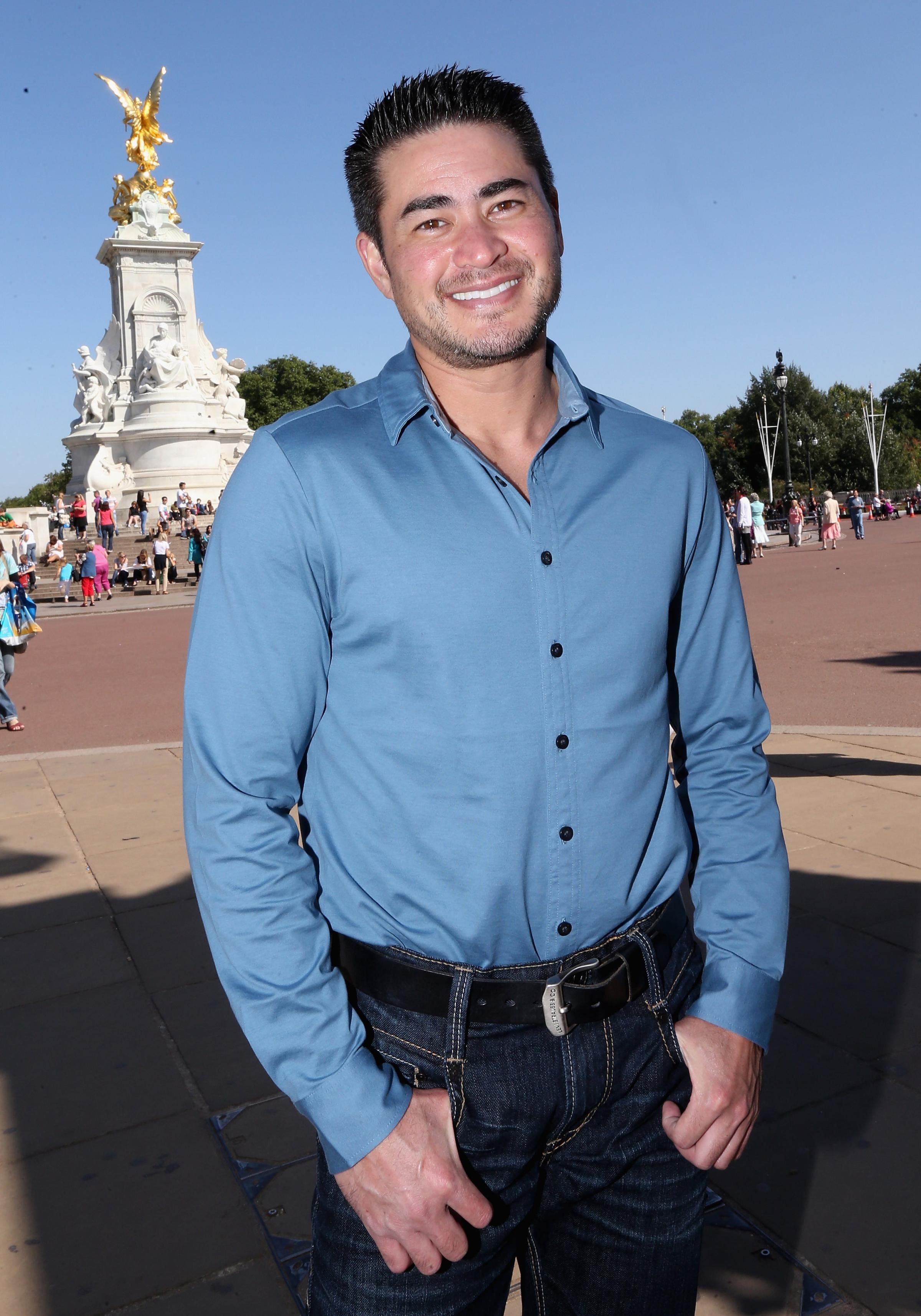
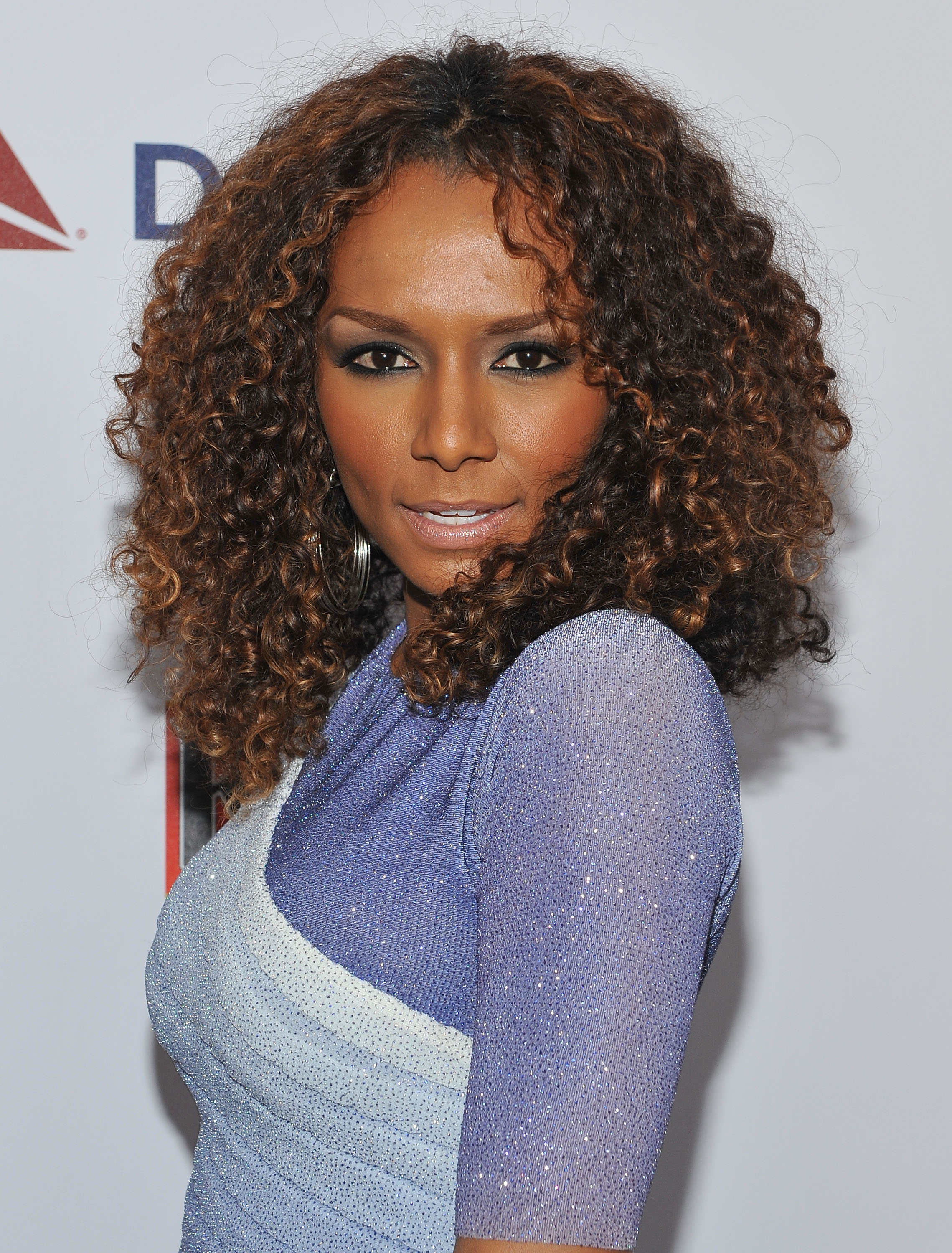
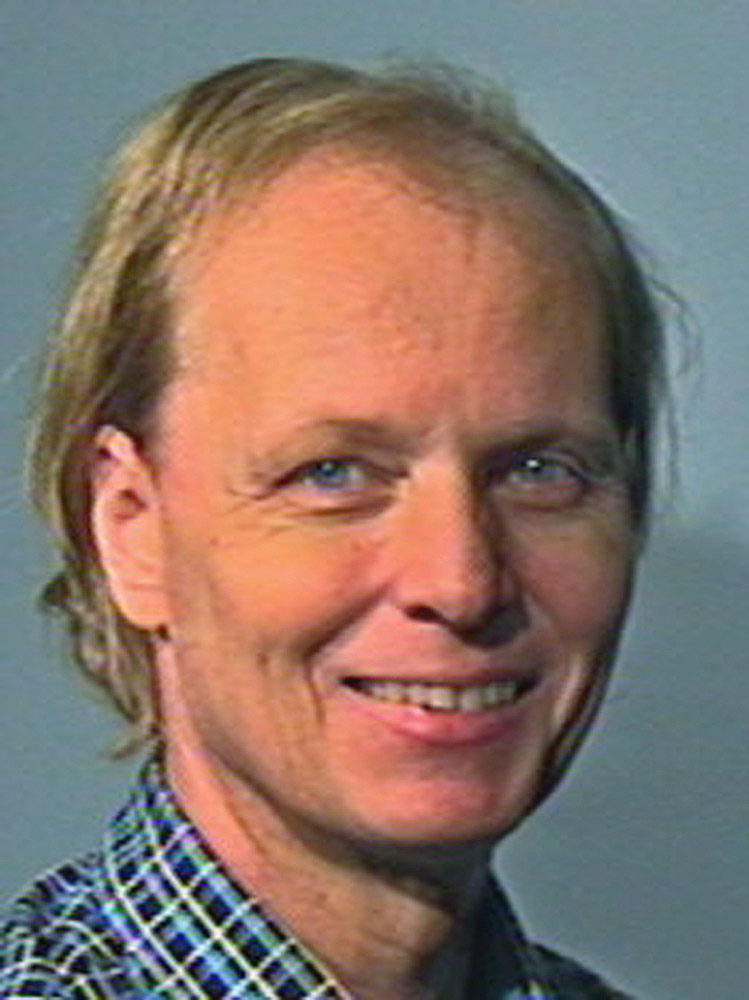
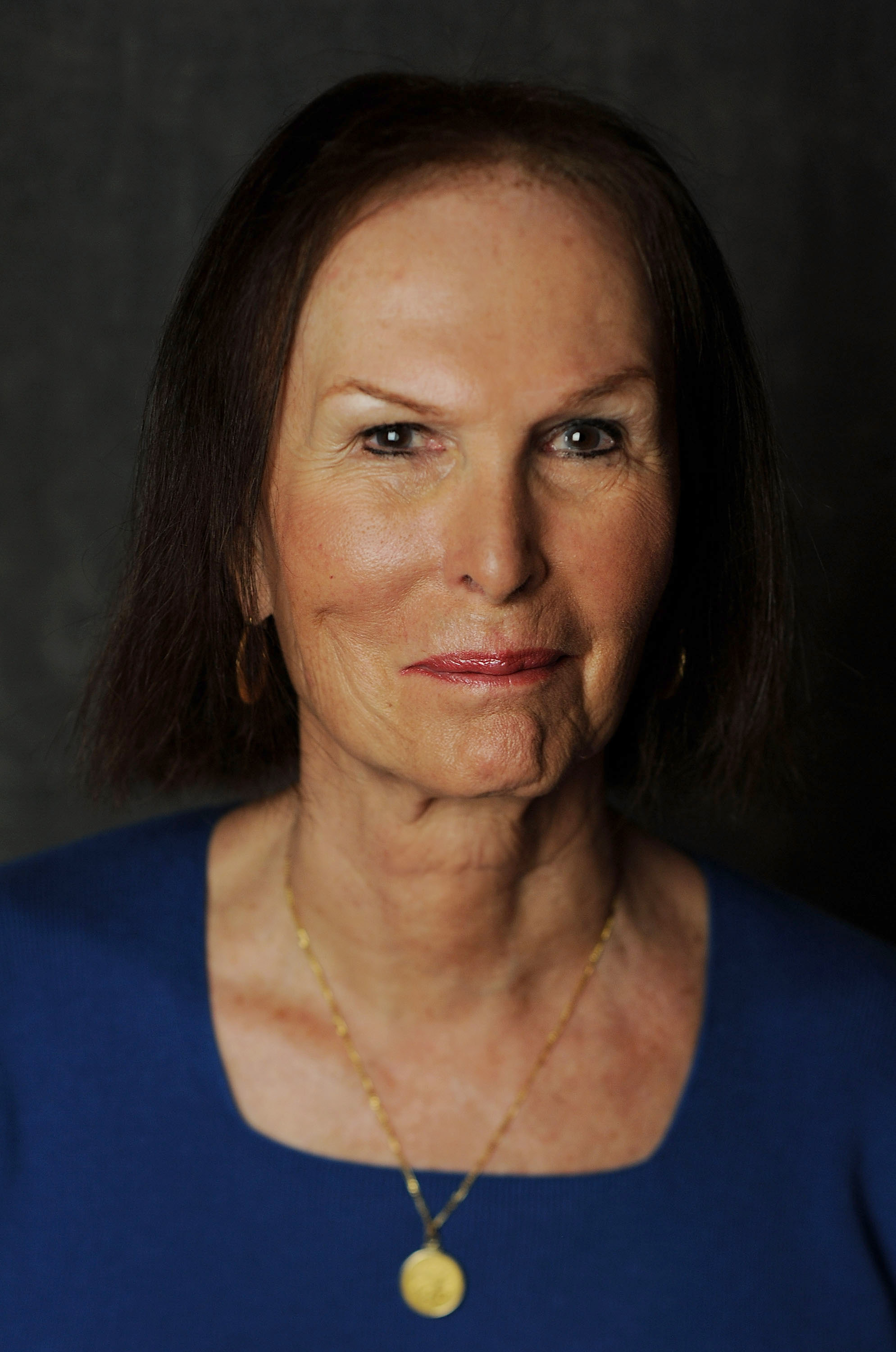
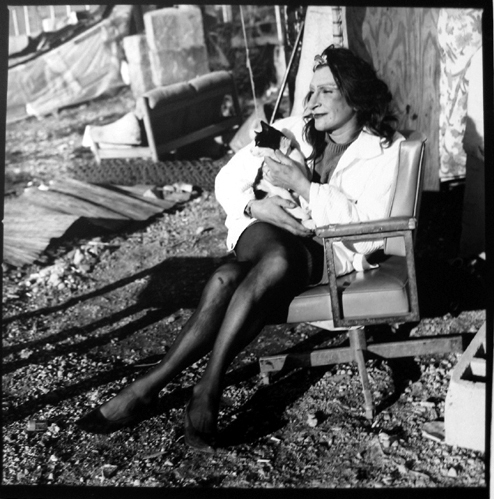
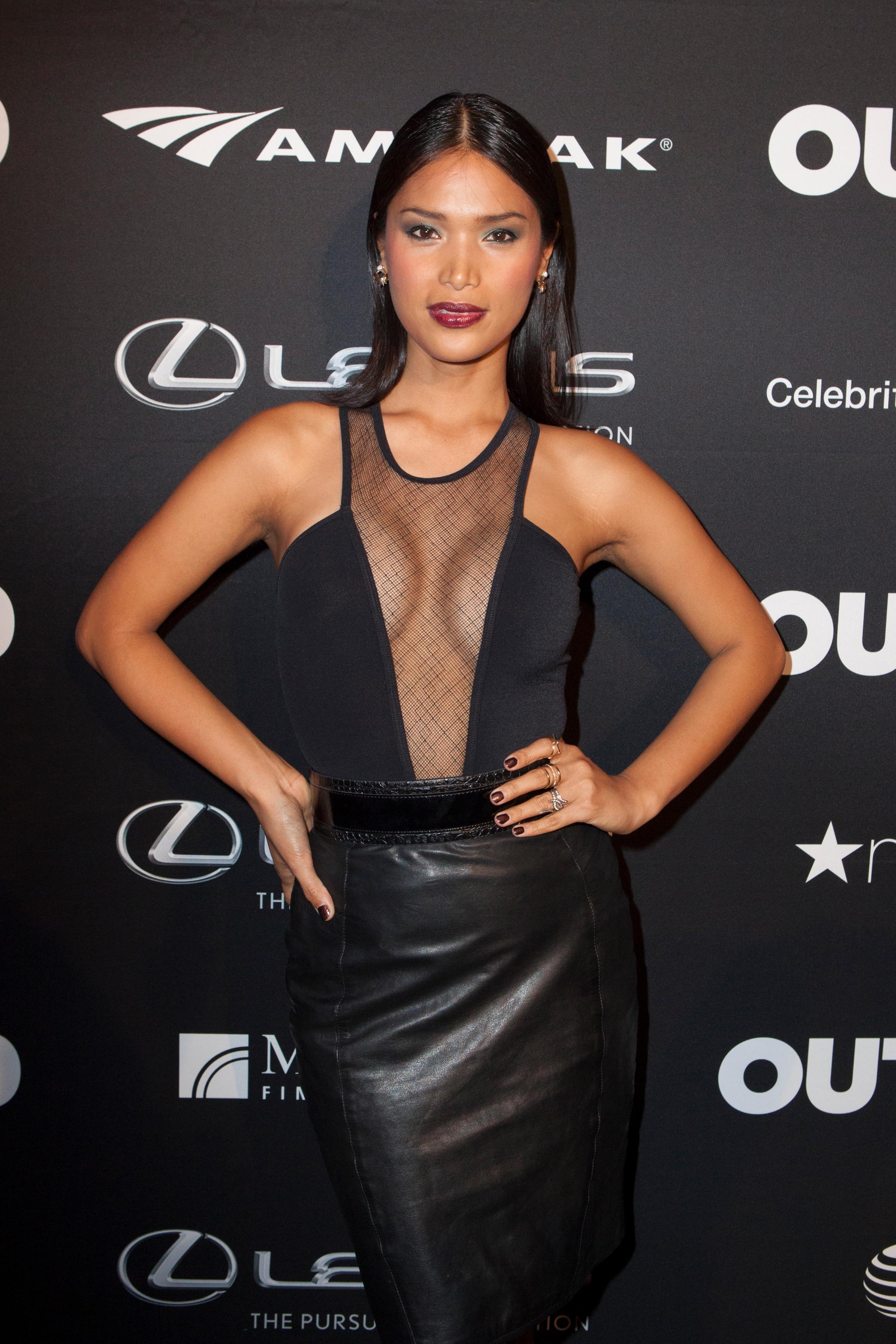
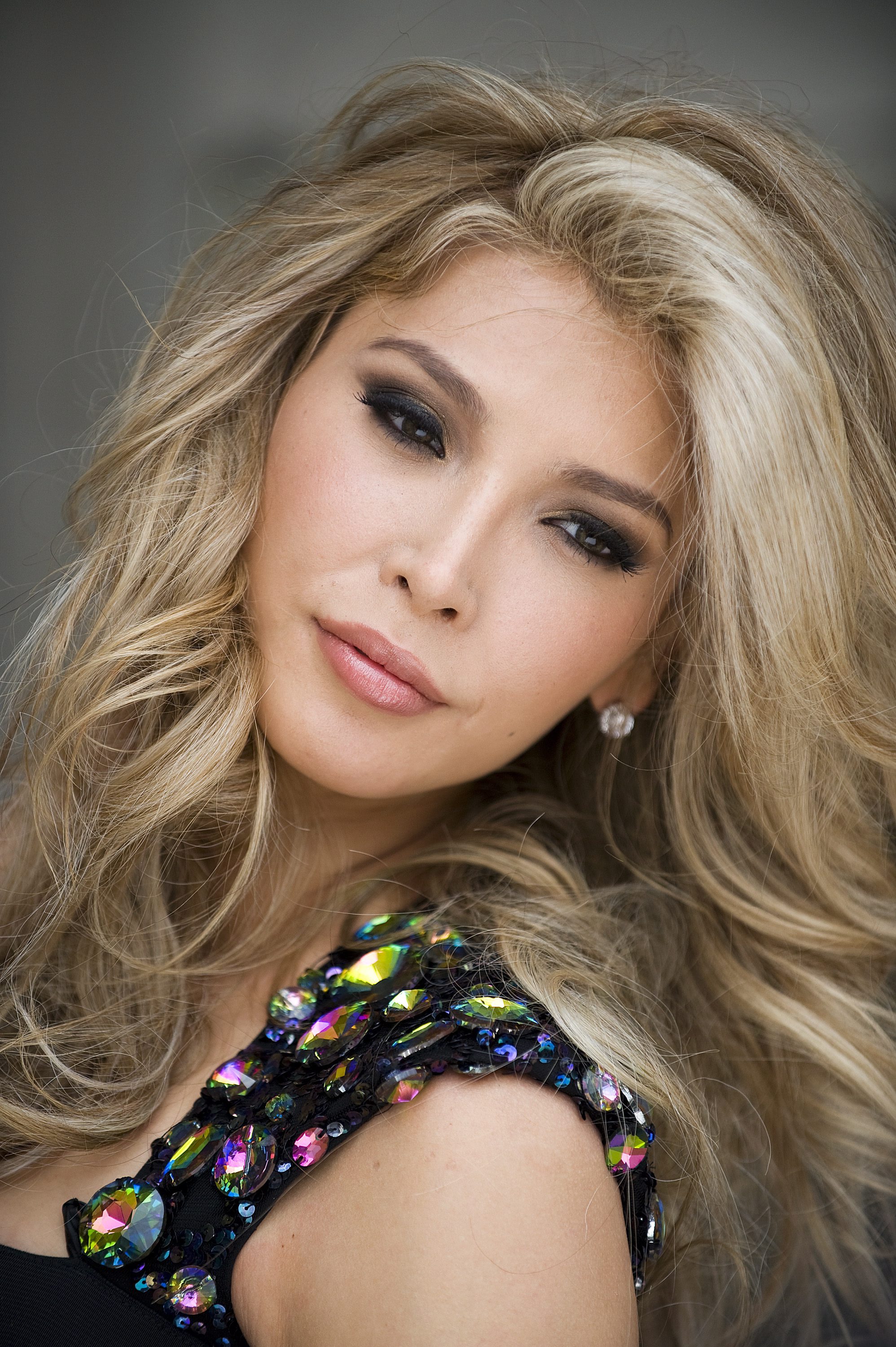
More Must-Reads from TIME
- Donald Trump Is TIME's 2024 Person of the Year
- Why We Chose Trump as Person of the Year
- Is Intermittent Fasting Good or Bad for You?
- The 100 Must-Read Books of 2024
- The 20 Best Christmas TV Episodes
- Column: If Optimism Feels Ridiculous Now, Try Hope
- The Future of Climate Action Is Trade Policy
- Merle Bombardieri Is Helping People Make the Baby Decision
Contact us at letters@time.com